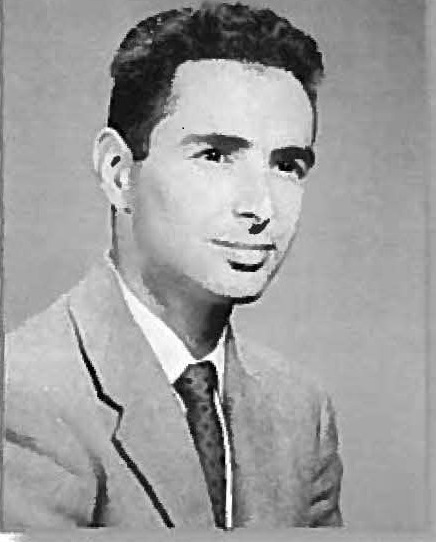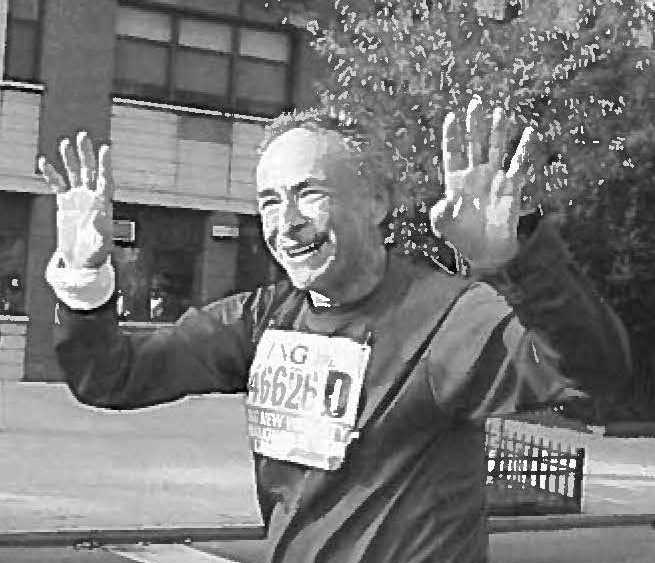Deceased October 5, 2015
View alumni profile (log in required)
In Memory
I write this memorial to my father while reflecting on his experience at Amherst, having entered the college at age 23 as a refugee from Hungary in the fall of 1957. For my father, who had been denied a chance to study at the university in Budapest and forced to serve in the army under the Communist regime, Amherst was a haven. Not only was it a place that welcomed him with a scholarship (and lodging provided by Chi Psi) after fleeing Hungary during the brief uprising against the Communists in 1956, it was a launching pad for lifelong intellectual exploration. At his core, my father was a humanist who studied history, literature, philosophy, science, music and art as a means of investigating critical questions and weaving together disparate disciplines to make sense of the world. What appealed to my father so much about Amherst’s rich liberal arts tradition was that it enabled him to cross boundaries and widen paths of discovery. He could not have predicted during his Amherst days that he would first earn a master’s degree in physics and then switch to a Ph.D. in German literature from Northwestern University. After experiencing the horrors of anti-Semitism during the Nazi invasion of Hungary, and the suffocating strictures of a totalitarian post-World War II regime, my father was forever a sceptic about any kind of dogma, any kind of world view that only recognizes one way of seeing things. He was always looking for ways to uncover connections that are not easy to discern, and to “translate” across borders and fields of study. Going on to become a professor of comparative literature was his means of making critical reflection his lifelong passionate pursuit.
My father crossed many cultural borders in his personal as well as professional life. After falling in love with and marrying my German mother in 1964, he was able to teach and make many places around the world their home: first Princeton, where my sister Nicole and I were born, then Cali, Cleveland, Wiesbaden, Pittsburgh, Paris, and eventually Amsterdam, where my father was professor of comparative literature at the University of Amsterdam between 1983 and 2003. During the 32 years he lived there with my artist mother, they built a truly international network of fellow scholars, artists, musicians and friends. Among them he is remembered for his sense of humor, intellectual passion, warmth, sensitivity, enthusiasm, and interest in other people’s views on things.
Soon after celebrating 50 years of marriage to my mother in December 2014 with a beautiful family gathering in Captiva Island, Florida, that included his daughters, son-in-law and five grandchildren, he began to experience an alarming and rapid decline in health, and was diagnosed with ALS at the end of May of this year. It is a cruel disease, especially for someone who was always so active and fit, having run his last marathon at age 80 in Amsterdam. But my father faced his illness with dignity and determination to live a purposeful life till the end, corresponding with friends and colleagues around the world and completing his final book on music and language shortly before his death in October. He also fulfilled his sense of gratitude to Amherst for opening its doors to him as a refugee from political turmoil 58 years ago by establishing a scholarship fund to support Amherst student refugees seeking haven from today’s world crises.
Eva Neubauer Alligood ‘87

